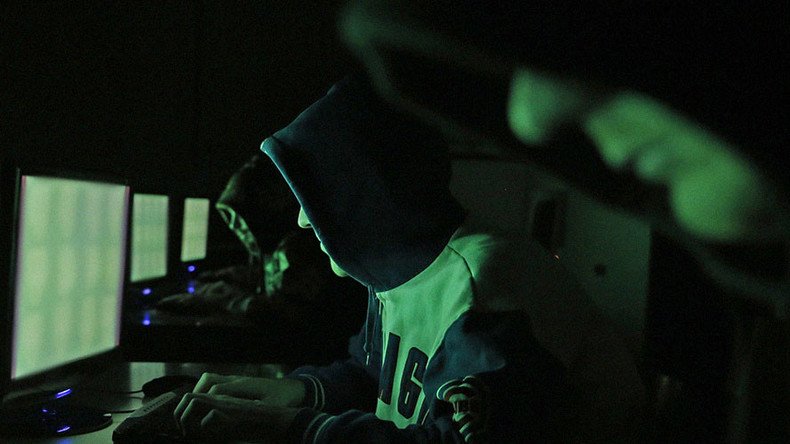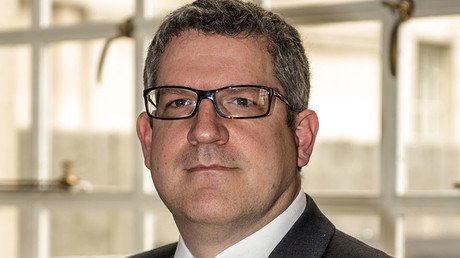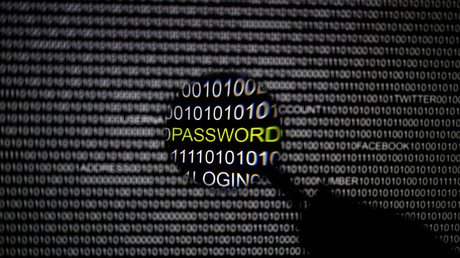Hackers may abuse open data for ‘ultimate’ attack and chaos, says ‘father’ of World Wide Web

One of the internet pioneers and the creator of World Wide Web (WWW) Tim Berners-Lee, raises alarm that hackers can penetrate open source info, like transport applications to unleash a massive chaos and a full-fledged gridlock.
The British scientist, who is also an inventor of URL (commonly known as web address) issued his concerns during the London summit on public data opportunities to The Guardian.
“If you disrupted traffic data for example, to tell everybody that all the roads south of the river are closed, so everybody would go north of the river, that would gridlock you [and] disable the city,” he told the outlet.
Berners-Lee alongside internet expert and research fellow at Oxford University Nigel Shadbolt, is a staunch advocate of publicly accessible data. Yet both say that without enough protection the respective information might lead to fatal consequences. Shadbolt, also interviewed by The Guardian, said that it’s the country’s most crucial infrastructure that can fall victim to the hacking assaults.
“The list of where the hospitals are, or geographic data ... it’s part of our critical infrastructure, it could be attacked,” Shadbolt warned.
One of the key worries of the public is “the security of their systems” and a privacy of the data, Berners-Lee says. Yet according to the scientist what people less pay attention to “is the possibility of things being changed.”
Shadbolt echoed the concerns saying that while the majority is focused on keeping “closed stuff” under lock and key “it’s the stuff that’s out there that’s powering lots of routine [applications]” The government is hence responsible for securing public data as it does in the case of “clean air” and “clean water.”
Meanwhile the UK’s National Health Service (NHS) as well as energy supplies and transport systems face a “clear threat” of being penetrated, Ben Gummer, minister for the Cabinet officer claimed.
In a bid to fight the emerging threats the UK is boosting its National Cyber Security Strategy. While describing the document on Tuesday, the country’s Treasury head Philipp Hammond said the government would invest previously allocated £1.9 billion on improving cybersecurity as part of the strategy.
"If we do not have the ability to respond in cyberspace to an attack which takes down our power network - leaving us in darkness or hits our air traffic control system grounding our planes - we would be left with the impossible choice of turning the other cheek," Hammond said.
In an interview to the BBC Radio 4, Berners-Lee approved tighter measures for tackling potential cyber threats, yet stressed that the state should act in a responsible way.
“The UK needs to have a strong but responsible and accountable police force and GCHQ,” he said.
On October 17 the Investigatory Powers Tribunal (IPT) in the UK ruled that the collection of bulk personal data – conducted by GCHQ, MI5 and MI6 between 1998 and 2015 – was unlawful. With the decision, the IPT reacted to an earlier complaint filed by the Privacy International organization.














